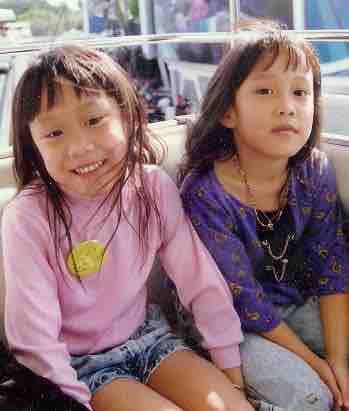The nature versus nurture debate rages over whether an individual's innate qualities or personal experiences are more important in determining physical and behavioral traits .
In the social and political sciences, the nature versus nurture debate may be compared with the structure versus agency debate, a similar discussion over whether social structure or individual agency (choice or free will) is more important for determining individual and social outcomes.
Historically, the "nurture" in the nature versus nurture debate has referred to the care parents give to children. But today, the concept of nurture has expanded to refer to any environmental factor - which may arise from prenatal, parental, extended family, or peer experiences, or even from media, marketing, and socioeconomic status. Environmental factors could begin to influence development even before it begins: a substantial amount of individual variation might be traced back to environmental influences that affect prenatal development.
The "nature" in the nature versus nurture debate generally refers to innate qualities. In historical terms, nature might refer to human nature or the soul. In modern scientific terms, it may refer to genetic makeup and biological traits . For example, researchers have long studied twins to determine the influence of biology on personality traits. These studies have revealed that twins, raised separately, still share many common personality traits, lending credibility to the nature side of the debate. However, sample sizes are usually small, so generalization of the results must be done with caution.

Identical Twins
Because of their identical genetic makeup, twins are used in many studies to assess the nature versus nurture debate.
The nature versus nurture debate conjures deep philosophical questions about free will and determinism. The "nature" side may be criticized for implying that we behave in ways in which we are naturally inclined, rather than in ways we choose. Similarly, the "nurture" side may be criticized for implying that we behave in ways determined by our environment, not ourselves.
Of course, sociologists point out that our environment is, at least in part, a social creation.